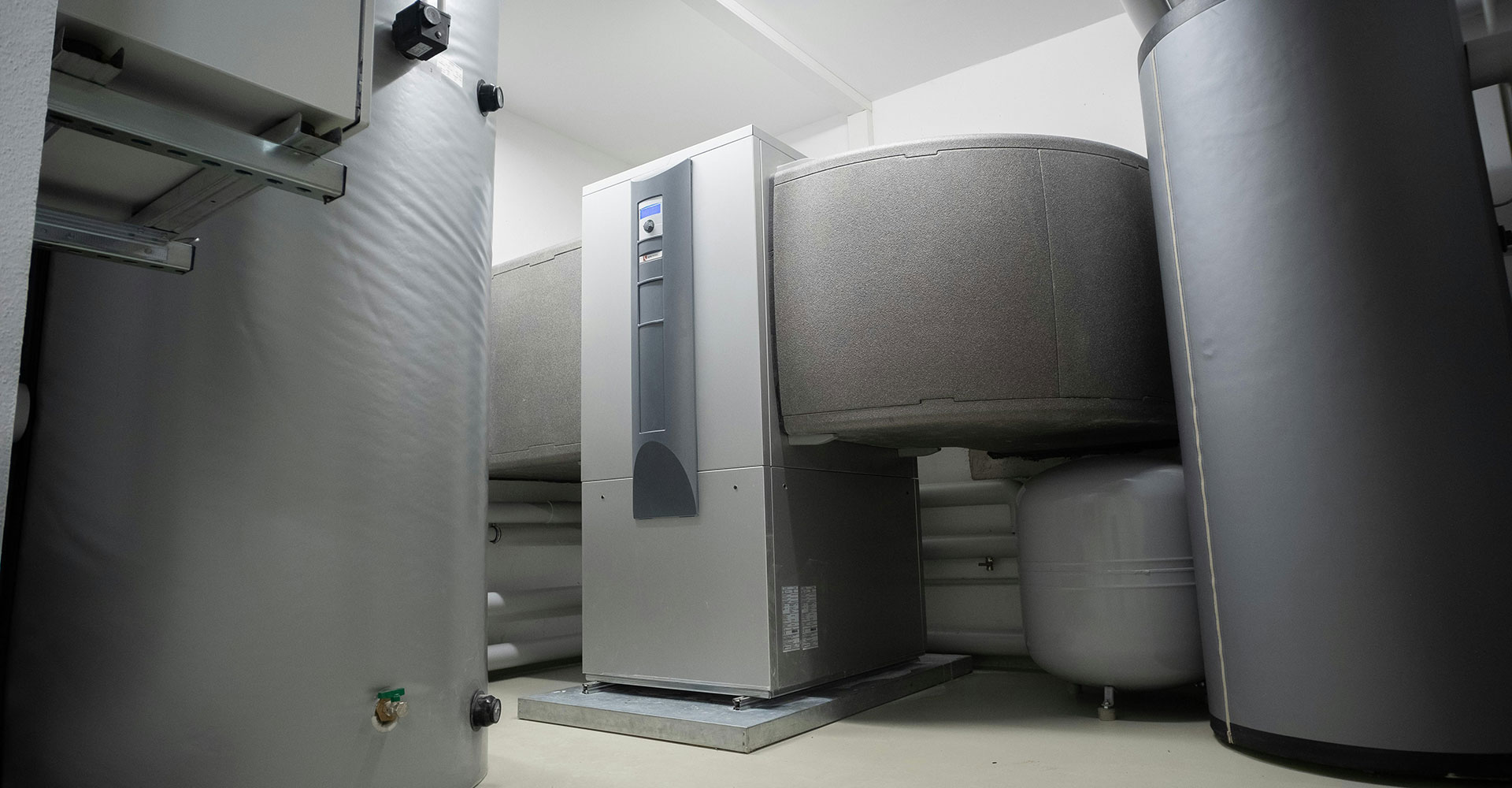Although cannabis sales have been legal in New Jersey for several years, state residents aren’t permitted to grow their own at home. Under NJ’s recreational cannabis law, “[a]dults 21 years and older can buy recreational cannabis at a licensed dispensary;” however, if you grow cannabis yourself? You could face felony charges and expensive fines. Yet proponents of cannabis have made some predictions for the state’s industry, identifying trends that may shape 2025 and beyond.
A push for home cultivation
In 2024, over 50 businesses and advocates formed a collective, the New Jersey Home Grow Coalition. This group, which includes many small marijuana businesses, signed an open letter to Senate President Nicolas Scutari (D), refuting the legislation’s belief that a law permitting adults to grow cannabis at home would harm the state’s developing legal cannabis market.
The letter stated, “As licensed cannabis operators, stakeholders in the industry, and relevant organizations, we respectfully disagree. Legalizing medical home cultivation will not negatively impact the legal state cannabis industry.” They argue that the market doesn’t need further maturation before legalizing home cultivation.
Unlike many states with legal cannabis, NJ prohibits home growing for both adults and medical patients. The coalition is urging an amendment to existing bills, suggesting replacing plant limits with “up to 100 square feet of mature cannabis plant grow canopy area.”
A new bill (S1393) introduced by Senator Troy Singleton proposes to give medical marijuana patients the right to grow their own. The bill would have a limit of four mature and four immature plants at any time, similar to laws in other states. Should this bill become law, it would represent a key change in NJ’s cannabis rules, providing greater access for medical patients and signaling a shift in how the state approaches cannabis regulation.
Future price adjustments
The NJ cannabis market is poised for significant price adjustments by mid-to-late 2025, driven by increased competition. As the market matures and more businesses open, consumers can anticipate a general decrease in product costs in different categories, including flower and vape products.
Several factors will likely influence this anticipated price compression.
- Well-established brands like STIIIZY and Rove will introduce competition. These companies have established brand recognition and considerable resources, enabling them to push current prices down and reshape the supply landscape.
- Multistate operators (MSOs) hoping to maintain their market share have already begun dropping prices, signaling a broader industry trend.
- Consumers will also see a more diverse product selection thanks to the influx of new brands and strategic partnerships.
These market shifts necessitate strategic adaptations for dispensary owners. They’ll need to navigate a more dynamic pricing environment and refine their inventory management. Larger, well-funded brands will increase the competition independent operators face. To thrive, those operators must differentiate themselves through unique product offerings, value-added services, and exceptional customer service.
The role of brand support and COD
Independent cannabis dispensaries face challenges with cash-on-delivery (COD) payment terms, which can strain operational budgets. Bigger, established brands can leverage sample items and promotions with new product launches. Smaller brands may not have the deep pockets to compete with similar incentives. These brands should consider forming strategic partnerships and raising brand awareness to help mitigate risk.
Growth of consumption lounges
In January 2025, NJ began accepting applications for consumption lounges, which will offer a place for adults to consume cannabis products legally. These lounges must be attached to existing, licensed cannabis dispensaries, adhere to strict regulations set by the NJ Cannabis Regulatory Commission (NJ-CRC), and have municipal approval. While no food or alcohol sales are permitted, patrons may bring their own if local ordinance allows.
While these lounges have faced headwinds in other states, they have the potential to reduce the stigma associated with cannabis. By providing controlled public spaces, consumption lounges can help alleviate community concerns and promote a more nuanced understanding of the state’s industry, potentially paving the way for more progressive legislation.
Evolving legislation
As the cannabis industry develops and gains a stronger foothold in NJ communities, lawmakers are likely to pursue more pragmatic legislation. This increased familiarity could lead to reforms that include streamlined licensing processes, revised rules for independent businesses, and increased support for equity initiatives to foster a more inclusive market.
How dispensaries can continue thriving
The past few years of the state’s cannabis industry have required adaptability, persistence, resilience, and an eyes-on-the-prize focus on building and running a successful business. For 2025, dispensaries should focus on:
- Delivering operational excellence, updating and streamlining processes to improve profitability and facilitate scalability. In light of price compression, dispensary management will need to find new ways to sustain and improve margins.
- Cultivating brand awareness by connecting with customers and the community. Dispensaries should consider how they can give back — with intention. They should talk to the customers and develop a menu based on demand rather than relying on what everyone else is doing or saying (although that’s part of the strategy, too).
- Finding their place, ignoring distractions and focusing instead on what they must do to deliver consistent value.
An edge for medical cannabis operators
A proposed law, S4074, may help medical cannabis dispensaries that want to operate in municipalities currently prohibiting recreational use. If it passes, these medical dispensaries could bypass local bans and begin selling cannabis for non-medical use — without municipal approval — provided there have been no complaints in six months.
This bill, if approved, would enable dispensaries to sell cannabis products for either medical or recreational use. Municipalities could not limit the number of MMJ dispensaries within their boundaries.
Reclassification as a Schedule 3 drug
The Biden administration proposed reclassifying marijuana as a Schedule 3 drug in the Controlled Substances Act. The hearing, originally scheduled for January 21, 2025, has been postponed. If the reclassification is approved, it would ease restrictions on research, allowing more extensive studies on the potential benefits and risks of marijuana.
Currently, cannabis businesses face significant tax burdens due to Section 280E of the Internal Revenue Code, which prohibits deductions for businesses involved in Schedule 1 or 2 controlled substances. Reclassification would allow these businesses to take standard business deductions, potentially leading to increased profitability and competitiveness.
Schedule 3 drugs are recognized as having accepted medical uses. Reclassifying marijuana would solidify its use for medical purposes, leading to greater availability through pharmacies and dispensaries. Finally, the cannabis industry could see increased investment as it might be seen as a more legitimate, less risky market.
Are you a commercial real estate investor or seeking a specific property to meet your company’s needs? We invite you to talk to the professionals at CREA United, an organization of CRE professionals from over 90 firms representing all disciplines within the CRE industry, from brokers to subcontractors, financial services to security systems, interior designers to architects, movers to IT, and more.

